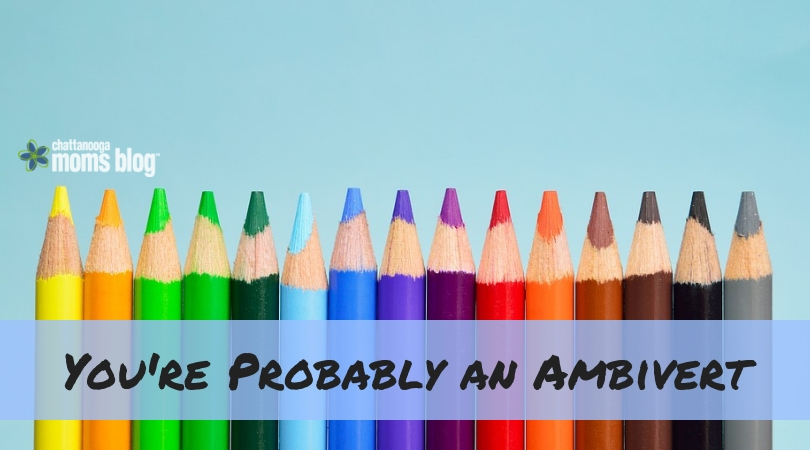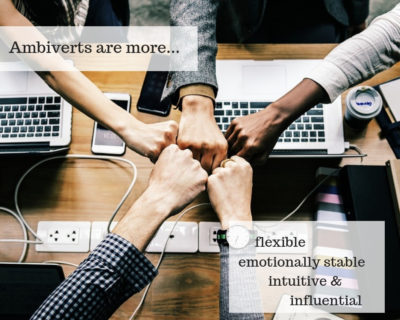 No one who knows me would peg me as an extrovert. When I told my parents that I’m actually an extrovert based on the true definition of the word, they balked at the idea. I’m quiet and reserved, I don’t like ordering food at restaurants, and I shy away from confrontation and saying hi to people I know in public.
No one who knows me would peg me as an extrovert. When I told my parents that I’m actually an extrovert based on the true definition of the word, they balked at the idea. I’m quiet and reserved, I don’t like ordering food at restaurants, and I shy away from confrontation and saying hi to people I know in public.
Classic introvert, right? Well, maybe not.
I also love game nights. I get bored easily on my own, and when I’m in a social situation (especially one I’ve planned), I feel alive and energized. At the end of a long day, I’d rather look forward to a function with friends than resign myself to another evening at home. These all point to an extrovert diagnosis, which, again, would make anyone who spends any time with me raise their eyebrows in suspicion.
But it turns out, you can be an extroverted introvert. Enter the ambivert.
The primary difference between an introvert and an extrovert is in how you draw energy. What recharges your batteries? Introverts draw energy from spending time alone. Extroverts need human interaction to recharge. It sounds black and white, an easy distinction to make. But it’s not that easy when you fall in the grey area between. As with politics, parenting, religious views, and food preferences, you can be a moderate when it comes to your energy stores.
“Vertedness,” so to speak, falls on a spectrum, bookended by extreme versions of each category. On one end, you have people who dominate social situations. They’re the life of the party, both boisterous and amiable. On the other end, you have people who shun social situations in favor of a good book or TV binge. They don’t want any attention, and they likely won’t seem approachable. Introverts favor their own inner minds. Extroverts crave stimulation from the outside world. Somewhere in the middle area, you have me. And if current research is true, you’re probably in the middle with me.
Most people are ambiverts.
Carl Jung, one of the big names in psychology, introduced the concept of introverts and extroverts in 1920. But here’s the thing: He thought people with dominant traits of introversion and extroversion are minorities. Modern research supports his theory. Most people fall into a grey area, picking and choosing which personality trait dominates on any given day or in any particular moment.

A lot of interesting thought goes into defining personalities, but researchers tend to put personalities on a spectrum. Some disagree with the idea of fixed personalities at all. In fact, being so fixed in your mindset that you believe you’re an extrovert or an introvert can be detrimental. Think of it like a self-fulfilling prophecy. You think you’re an introvert, so you act like one, so you never change or grow or seek out new experiences beyond your comfort zone.
I believe this is true because it happened to me.
I started working from home as a freelancer in 2013. Over the last five years, I’ve seen a definite decline in my desire to do things that stress me out (but are good for me), like ordering food or socializing. Before then, I had actually built up a moderate level of confidence in interacting with the world. I worked outside the home, talked to familiar and unfamiliar people on a daily basis, and opened up a bit over time. And now, as I’ve gotten too much of what I thought I needed as an introvert (alone time at home), I’m rebelling against it. I crave the outside world more, and I find myself looking for ways to reopen my shell.
Last week, I attended a conference in Atlanta about Medicare, one that I looked forward to for months. I almost backed out at the last minute, but I sucked it up and went. And for the first time in a long time, I felt alive and energized. Being around other professionals, navigating the deranged streets of Atlanta, and networking with and asking questions of strangers woke me up a bit. It was like a breath of fresh air, getting outside of myself and interacting with the world again.





















